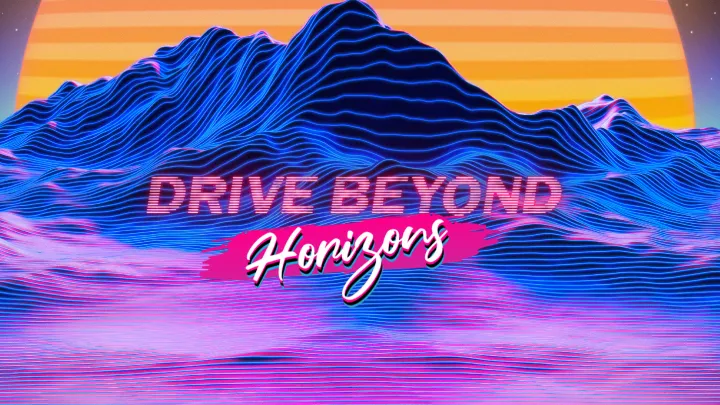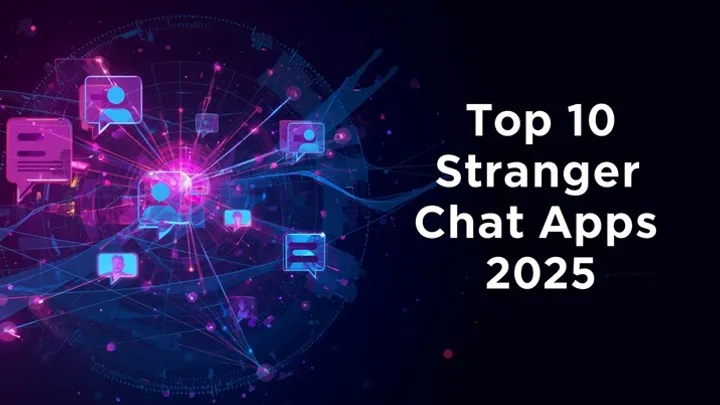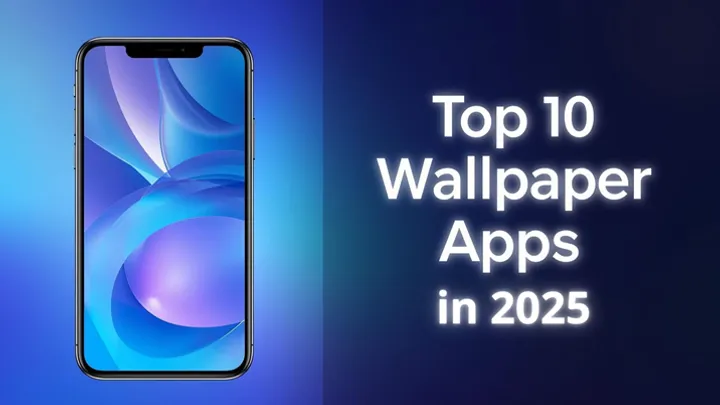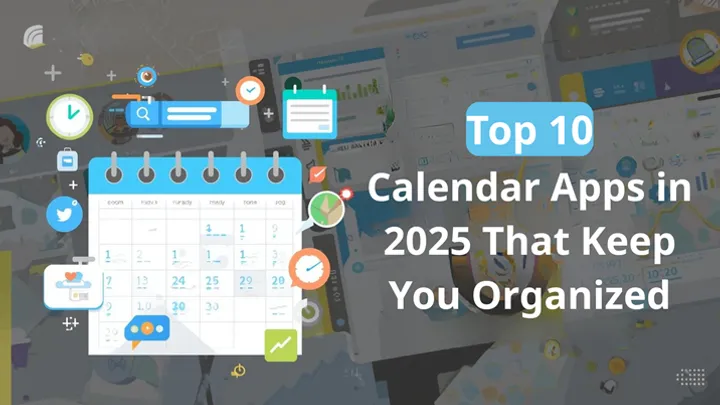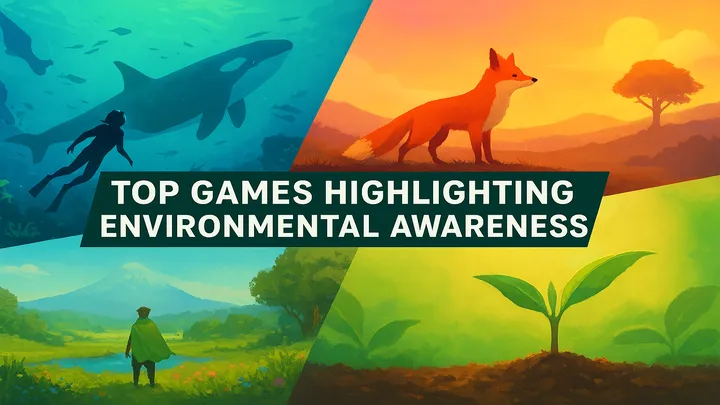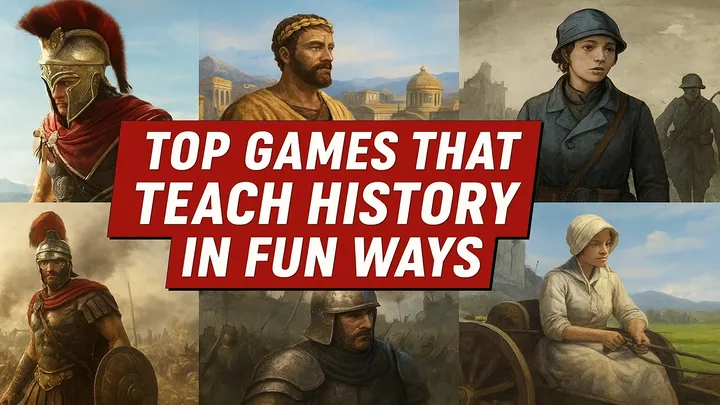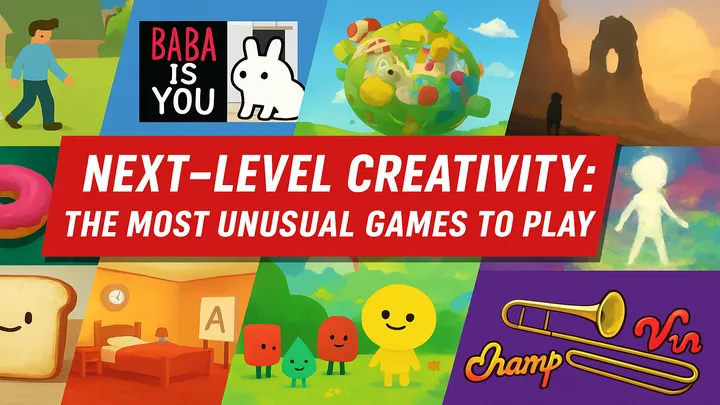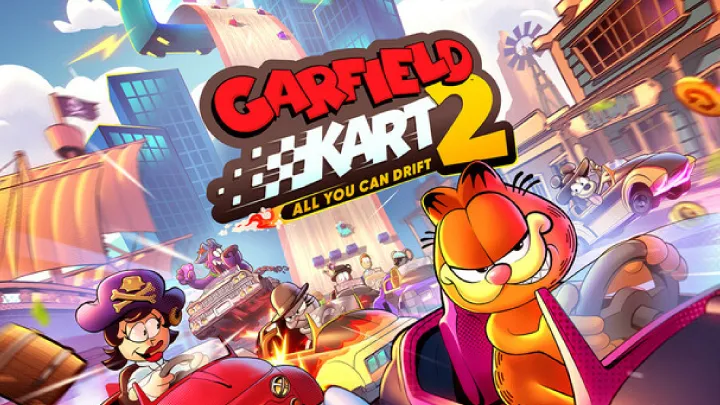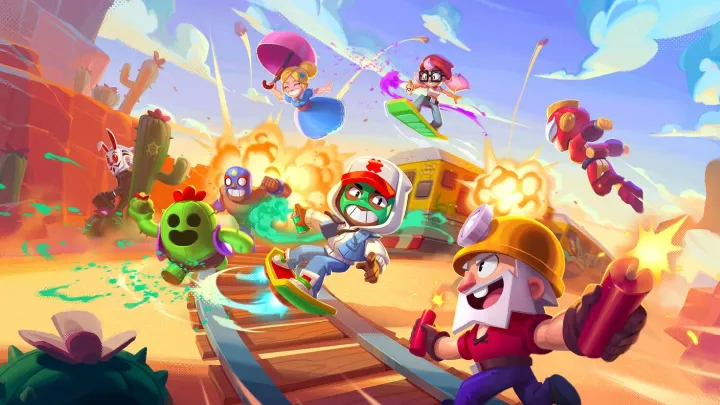Introduction
In 2025, Unity and Godot are powerhouse game engines, with Unity driving 70% of top mobile games and Godot's open-source flexibility attracting indie developers. Learning these engines—Unity with C# and Godot with GDScript—requires accessible, interactive tools, especially for mobile learners. Mobile apps deliver bite-sized lessons, coding playgrounds, and certifications, enabling beginners, students, and professionals to build 2D/3D games, from platformers to VR experiences, with studies showing 50% faster prototyping through guided practice. These apps support iOS and Android, offering offline access and community support for flexible learning.
This article ranks the top 8 apps for learning Unity and Godot—Unity Learn, Udemy, GDQuest, Coursera, Pluralsight, KodeKloud, edX, and SoloLearn—based on content depth, mobile usability, and reviews from sources like Udemy, Class Central, and Reddit. Each entry details features, strengths, weaknesses, and a 5-star rating, addressing use cases like scripting basics or multiplayer development. Whether you're crafting a Godot puzzle game or a Unity AR app, these apps accelerate your path to publishing in 2025.
1. Unity Learn
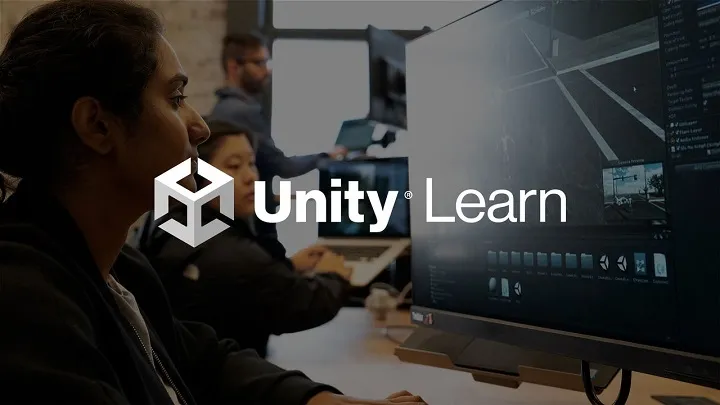
Unity Learn is the official mobile platform for Unity, offering structured tutorials for 2D/3D game development. Free, with premium certifications.
Features: Available on iOS and Android, with offline downloads and project submissions. Covers C# scripting, physics, UI, and advanced topics like VR/AR and multiplayer with Mirror. Includes interactive tutorials, community challenges, and Unity Hub syncing for editor integration.
Strengths: Tailored for Unity, it guides beginners to pros with projects like a 3D shooter, building practical skills for mobile games. Short videos (5-15 minutes) suit on-the-go learning, and expert feedback enhances progress. Users report 80% faster prototyping for Unity projects. Ideal for aspiring mobile game developers.
Weaknesses: No Godot content, limiting cross-engine learning. Premium certifications ($400+) are costly. Mobile app lacks full editor simulation for complex tasks.
Evaluation: 4.8/5 stars. Unity Learn is unmatched for official Unity training, perfect for beginners and pros, but irrelevant for Godot learners.
2. Udemy
Udemy’s mobile app hosts thousands of Unity and Godot courses, offering flexible, on-demand learning. Free app; courses cost $10-$200 (frequent sales).
Features: iOS and Android with offline viewing, quizzes, and certificates. Unity courses cover C# and AR/VR; Godot courses teach GDScript and 2D/3D games. Features include subtitles, Q&A forums, and search by skill level (beginner to advanced).
Strengths: Extensive catalog, like "Complete C# Unity Game Developer" and "Godot 4: Mobile Games," supports diverse learners. Lifetime course access and mobile-friendly 10-minute lessons enable flexible study. Users apply skills to prototypes in 90% of cases, ideal for indie devs building platformers.
Weaknesses: Instructor quality varies, requiring careful selection. Fewer Godot courses than Unity. Free previews include ads, disrupting flow.
Evaluation: 4.7/5 stars. Udemy’s variety and affordability suit self-paced Unity/Godot learning, but curation is key to avoid subpar courses.
3. GDQuest
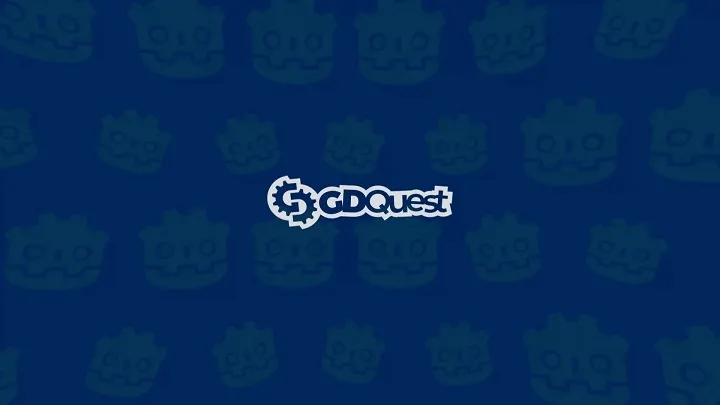
GDQuest’s mobile app specializes in Godot, with supplementary Unity content via web integration, focusing on interactive GDScript tutorials. Free core app; premium at $10/month.
Features: iOS and Android with a browser-based code editor, coding challenges, and project exports. Covers Godot’s nodes, signals, and 3D scenes, with Unity intros via videos. Includes community forums and exportable 2D game projects.
Strengths: Beginner-friendly, "Learn GDScript From Zero" builds intuition through mini-games like 2D RPGs. Mobile playground runs code instantly, perfect for prototyping Godot platformers. 95% completion rate for interactive modules, great for new devs transitioning from Unity.
Weaknesses: Godot-focused, with limited Unity depth. Premium required for advanced tutorials. Occasional browser-based editor glitches on mobile.
Evaluation: 4.6/5 stars. GDQuest excels for Godot beginners with some Unity support, ideal for mobile practice, but advanced users may need more.
4. Coursera
Coursera’s app provides university-backed Unity and Godot specializations, optimized for mobile learning. Free audits; Coursera Plus at $49/month for certificates.
Features: iOS and Android with offline access, peer-graded assignments, and discussion forums. Offers "Unity 3D Game Development" by Michigan and Godot tracks like "Introduction to Game Design with Godot." Includes video transcripts and progress tracking.
Strengths: Structured learning with capstone projects, like Unity VR apps or Godot platformers, builds portfolio-ready skills. Mobile-friendly transcripts aid quick reviews, and certificates enhance resumes. Suits students seeking formal credentials, with 80% skill application in projects.
Weaknesses: Slower pace than Udemy, with desktop-heavy assignments. Limited Godot courses compared to Unity. Free audits lack certificates.
Evaluation: 4.5/5 stars. Coursera’s academic rigor is ideal for career-focused Unity/Godot learners, but less interactive for hands-on coding.
5. Pluralsight
Pluralsight’s mobile app delivers skill paths for Unity C# and Godot GDScript, with interactive elements. Subscription at $29/month.
Features: iOS and Android with offline videos, skill assessments, and Cloud Playground for code execution. Paths include "Unity Game Development Fundamentals" and "Godot 2D Essentials." Features AI-driven recommendations and quizzes.
Strengths: Interactive labs simulate Unity scenes or Godot nodes, preparing users for multiplayer or AR projects. Mobile quizzes ensure 85% knowledge retention, ideal for professionals upskilling in Unity’s ECS or Godot’s animation system. Structured paths suit intermediate devs.
Weaknesses: Subscription-only model, no free tier. Godot content less mature than Unity’s. Labs require desktop for full functionality.
Evaluation: 4.5/5 stars. Pluralsight’s paths offer depth for both engines, great for mobile learners, but costs deter casual users.
6. KodeKloud
KodeKloud’s app emphasizes hands-on Godot labs, with Unity support via integrated courses. Free tier; Pro at $19/month.
Features: iOS and Android with browser-based labs, videos, and playgrounds. Over 100 Godot labs on scenes, signals, and K8s integration; Unity courses cover CI/CD for builds. Includes community forums and progress tracking.
Strengths: Practical labs let users deploy Godot scenes or Unity builds, like mobile-optimized RPGs, via mobile-initiated sessions. Scenario-based tasks mirror real-world development, with 90% practical focus. Perfect for devs learning Godot’s export pipelines or Unity’s cloud builds.
Weaknesses: Labs require stable internet; Unity content is secondary. Free tier limits lab access, and mobile browser can feel cramped.
Evaluation: 4.4/5 stars. KodeKloud’s hands-on Godot labs shine, with Unity support, ideal for practical mobile learning, but connectivity is a hurdle.
7. edX
edX’s app offers free, university-level Unity and Godot courses, optimized for mobile. Free; verified certificates $50-$300.
Features: iOS and Android with offline videos, note-taking, and assessments. Includes Linux Foundation’s "Introduction to Godot" and Unity tracks from partners. Covers scripting, physics, and deployment strategies.
Strengths: Academic rigor with free courses on Godot’s node system or Unity’s ECS suits theory-driven learners. Certificates boost LinkedIn profiles, with 75% module completion rates. Mobile-friendly for students exploring game dev fundamentals.
Weaknesses: Lacks interactive labs; coding requires desktop. Limited Godot courses compared to Unity. Theoretical focus over practical.
Evaluation: 4.3/5 stars. edX provides credible, free foundations for both engines, great for mobile academic study, but hands-on practice is limited.
8. SoloLearn
SoloLearn’s app teaches C# for Unity and GDScript basics for Godot through gamified lessons. Free; Pro at $7.99/month.
Features: iOS and Android with offline code playground, quizzes, and community challenges. Covers Unity C# scripting and Godot’s Python-like GDScript. Includes leaderboards and social coding.
Strengths: Gamified lessons build scripting skills for Unity prototypes or Godot nodes, like 2D puzzles. Mobile editor runs code offline, engaging beginners with 80% applying skills to small games. Community challenges foster motivation.
Weaknesses: Shallow depth for engine-specific topics; Godot coverage is basic. Pro required for advanced lessons. Not suited for complex projects.
Evaluation: 4.2/5 stars. SoloLearn’s fun approach suits beginners learning Unity/Godot scripting on mobile, but lacks advanced content.
Conclusion
The top 8 apps for learning Unity and Godot in 2025—Unity Learn, Udemy, GDQuest, Coursera, Pluralsight, KodeKloud, edX, and SoloLearn—cater to diverse learners, from beginners scripting GDScript to pros building Unity VR apps. Unity Learn leads for official training, GDQuest excels in Godot interactivity, and Udemy offers variety. Coursera and edX provide credentials, Pluralsight and KodeKloud deliver depth, and SoloLearn gamifies basics. Combine them (e.g., GDQuest labs with Udemy projects) for mastery. Start with free tiers to build your first game and thrive in 2025’s game dev scene.






